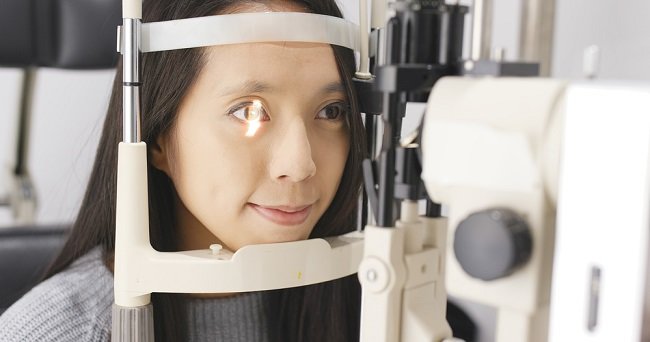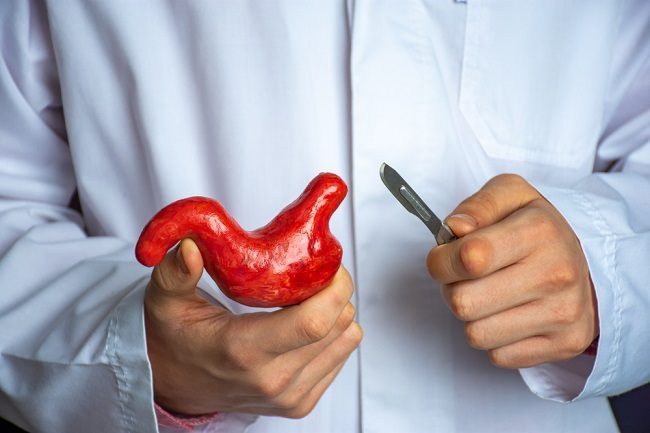The risk of urinary tract infection in women is higher than men. Studies show that women have a 30-fold higher risk of developing urinary tract infections than men. This is because the female urethra is shorter and the anus-urethra is closer.
Urinary tract infection or urinary is an infection that occurs in the urinary tract, which consists of the kidneys, ureters, bladder, and urethra. The urinary tract is the place where urine is made, stored, and excreted from the body.

As mentioned above, urinary tract infections in women can occur because the female urethra is shorter. The urethra is the tube that carries urine from the bladder to the outside of the body. Because the distance is short, bacteria from the outside of the urethra can more easily enter and travel up to the bladder.
In addition, bacteria from the large intestine can easily reach the female urethra, because it is located close to the anus.
Symptoms of Urinary Tract Infection in Women
In addition to the anatomical shape of the female body, the following things can increase the risk of urinary tract infections in women:
- Sexually active (germs in the vagina can move to the urethra).
- Using a diaphragm, spermicide, or female condom.
- Decreased levels of the hormone estrogen and changes in the vagina after menopause.
- Delaying urination.
- Have a history of previous urinary tract infections.
- Weak immune system, for example due to diabetes, chemotherapy, and HIV infection.
- Give birth to many children.
- Obesity.
- The presence of abnormalities in the urinary tract, for example due to kidney stones, nerve abnormalities in the bladder, to the presence of reflux (backflow) of the bladder.
- Catheter insertion.
If you experience any of the following signs and symptoms, you most likely have a urinary tract infection:
- Frequent urge to urinate, but not much urine comes out.
- Waking up at night to urinate.
- There is pain, stinging, or stinging when urinating.
- Urine smells bad.
- Dark, reddish, or cloudy urine.
- The lower abdomen feels heavy or painful.
- Pain in the lower back or sides.
- Feeling tired, feverish, and chills.
If the symptoms are mild, the UTI will usually subside on its own within a few days. However, if the symptoms are severe or if they recur frequently, you may need to use antibiotics for a UTI.
Preventing Urinary Tract Infection
Fortunately, urinary tract infections in women can be prevented by taking the following simple steps:
- Don't hold your pee. Holding your urine for three hours or more increases the risk of bacteria growing in your urinary tract.
- Drink lots of water. Drinking lots of water helps increase urine production, so that more bacteria in the urinary tract can be expelled outside the body.
- Always urinate before and after intercourse, to remove any bacteria that may have entered the urethra.
- Wash the vagina from front to back (from the vagina to the anus, not vice versa), after urinating or defecating.
- Clean the outer lips of the vagina and anus every day.
- Keep the pubic area dry by wearing cotton clothes. Avoid tight jeans or clothes made of nylon, because they can make the skin moist and cause bacteria.
- Do not use genital cleaners whose use is inserted into the vagina because it can cause irritation. Just use it on the vulva area.
- Consider not choosing diaphragms, spermicidal creams, or unlubricated condoms as contraceptives, as these can promote bacterial growth. Consult with your doctor to determine other contraceptive methods that are suitable for you.
Urinary tract infections that often recur, or cause fever, weakness, pain in the back or waist, and blood in the urine, are conditions that should immediately be checked by a doctor.
If not treated properly, urinary tract infections in women can spread to the kidneys and cause complications such as kidney infection (pyelonephritis), kidney failure, to sepsis. Come on, from now on, do not neglect to maintain the cleanliness and health of your intimate organs.









